Integrated Fire Risk Management (INFRA) Service
Lead: Vito Vitale, National Research Council
INFRA
Arctic PASSION is developing a web mapping service for wildfires to make the access to relevant information and products easier from diverse sources. Focusing on a local scale, INFRA provides the possibility to generate and distribute messages on wildfires that are tailored to non-scientific end-users like municipalities, as well as Indigenous Peoples and local communities. The service currently covers the following areas:
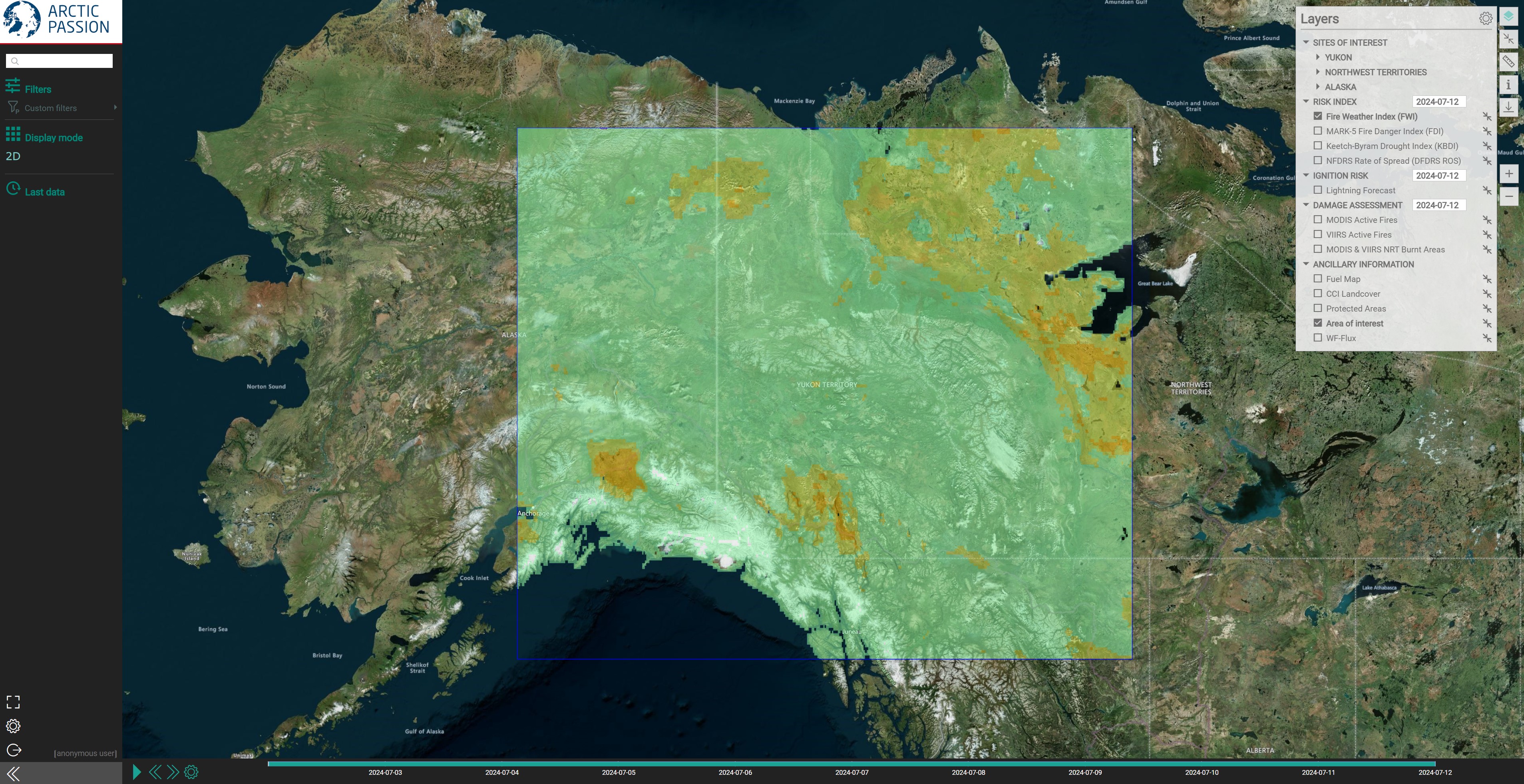
A screenshot of the INFRA map over Alaska/Canada.
objective
To improve the information chain on wildfires targeted towards non-professional users, providing smart tools to interpret and transform data more easily into products and messages customized to end-user needs, with an emphasis on the local scale.
DESCRIPTION
Perceptions of risk determines, to a large extent, people's responses in emergency situations. To increase the resilience of Arctic communities and people when it comes to wildfires, it’s important to build an effective culture of risk management where differences between the ecological role of fire and the risk-prevention measures of wildfires are clearly understood.
The INFRA service aims to simplify access to relevant information and products on wildfires from diverse sources. Most importantly, it makes it possible to manage, integrate, and transform information thanks to its modularity.
The INFRA service is based on several modules and IT platforms, the most important being:
- INFRA-AEGIS
A web-GIS platform through which it is possible to present, combine, and integrate all the informational layers produced by INFRA or collected from other sources and services. - INFRA-SENTRY
A platform through which to distribute information and messages to users. Messages can easily be handled and adapted to specific needs and generated following the Common Alerting Protocol (CAP) Standard.
The novelty of the INFRA service lies in the attention to the local scale, and developing tools suitable for generating messages that are tailored to the category of users you intend to reach.
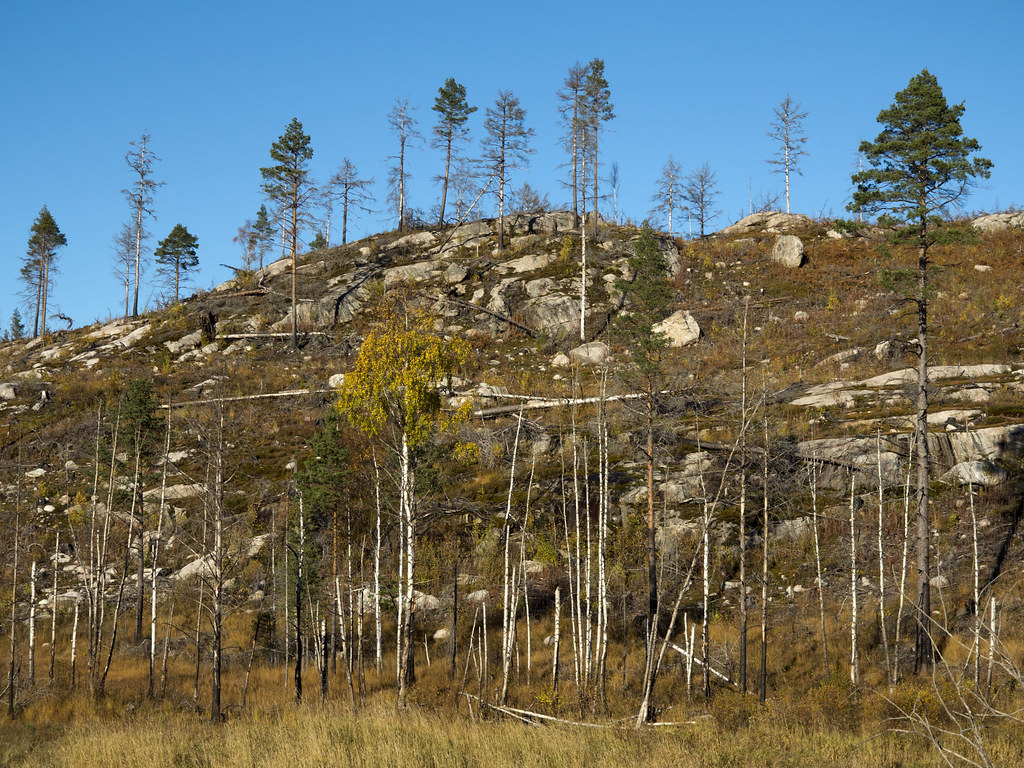
Photo by GRID-Arendal / Peter Prokosch
News highlights
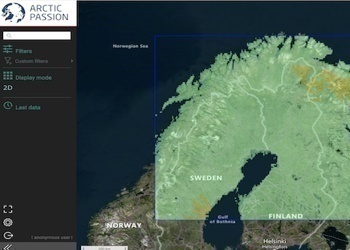
01
Aug, 24How does INFRA work?
Arctic PASSION is developing a web mapping service for integrated fire risk management. Learn more about the technical solutions and how it actually works. Read More- by: Vito Vitale …
- Updated: 01 Aug 24
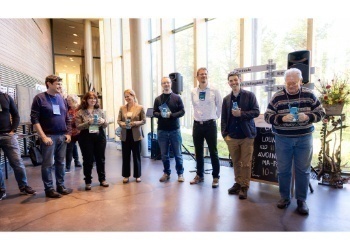
25
Jun, 24Arctic PASSION Innovation Exhibition
Arctic PASSION hosted an Innovation Exhibition at our 2024 General Assembly in Inari/Aanaar, Finland in June Read More- by: Sabrina Heerema
- Updated: 25 Jun 24
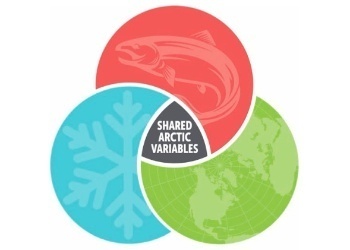
27
Mar, 23International workshop on preparedness for Arctic wildfires
Register for Arctic PASSION's second workshop on wildfires as a Shared Arctic Variable (SAV), April 20th-21st, 2023 in Helsinki. Read More- by: Sabrina Heerema
- Updated: 27 Mar 23
